Question And Answer
Publications
Articles, publications, books, tools and multimedia features from the U.S. Institute of Peace provide the latest news, analysis, research findings, practitioner guides and reports, all related to the conflict zones and issues that are at the center of the Institute’s work to prevent and reduce violent conflict.
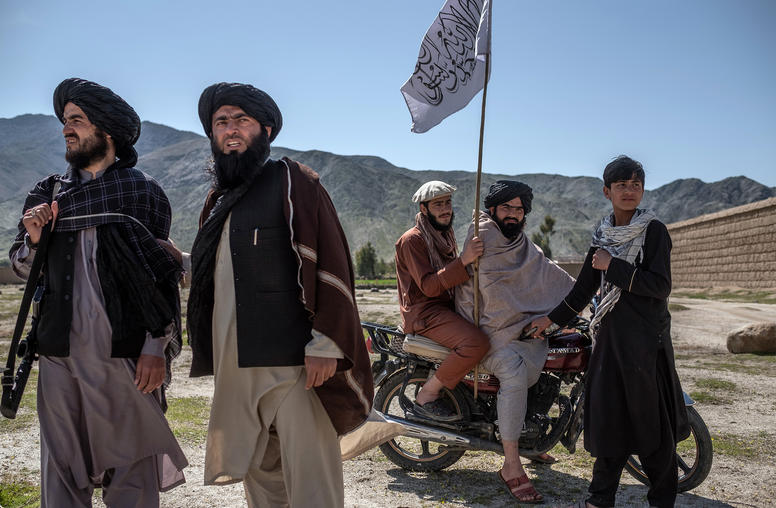
Disengagement and Reconciliation in Conflict-Affected Settings
Even in brutal and desperate conflict settings, it is possible for people to abandon violence and leave violent groups. Peacebuilders know this well—yet terrorism and counterterrorism policies and practices have often neglected practical ways to address participants in violent extremism and failed to provide them opportunities to reject violence. This report examines how peacebuilding tools can help transform the individual attitudes, group relationships, and social ecosystems and structures needed to facilitate the effective disengagement and reconciliation of former members of violent extremist groups.

Violent Extremist Disengagement and Reconciliation: A Peacebuilding Approach
Existing efforts to disengage people from violent extremism are derived from security imperatives rather than from a peacebuilding ethos. This report—one of a series to be published by USIP’s program on violent extremism—presents a framework through which peacebuilders can foster disengagement from violent extremism and reconciliation between those disengaging and affected communities by examining the individual, social, and structural dynamics involved.
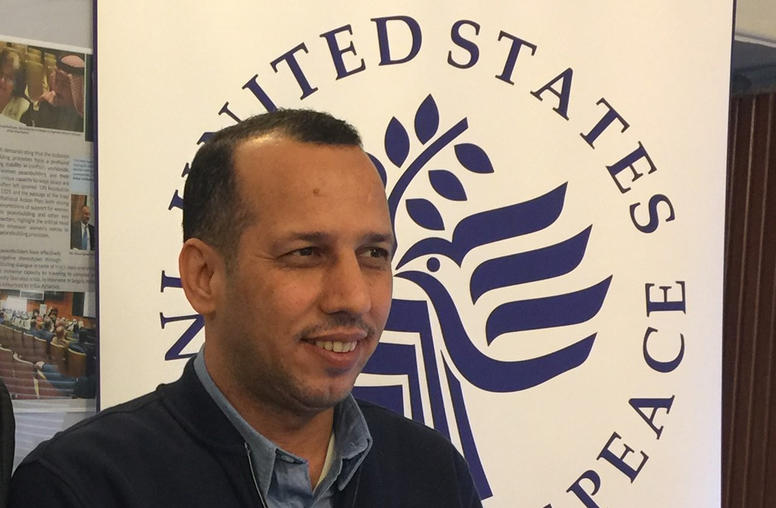
The Implications of the Assassination of Husham al-Hashimi
The assassination of our colleague and friend Husham al-Hashimi by unidentified gunmen in Iraq comes as a shock to those who knew him, and to those who did not. Not because assassinations in Iraq are unfamiliar, but rather for other reasons, the most important being Husham’s personality, his experience, ethics, and dedication to the cause of peace in his country; also because of the optimism felt by many after Mustafa al-Kadhimi took over as prime minister and the measures he undertook.
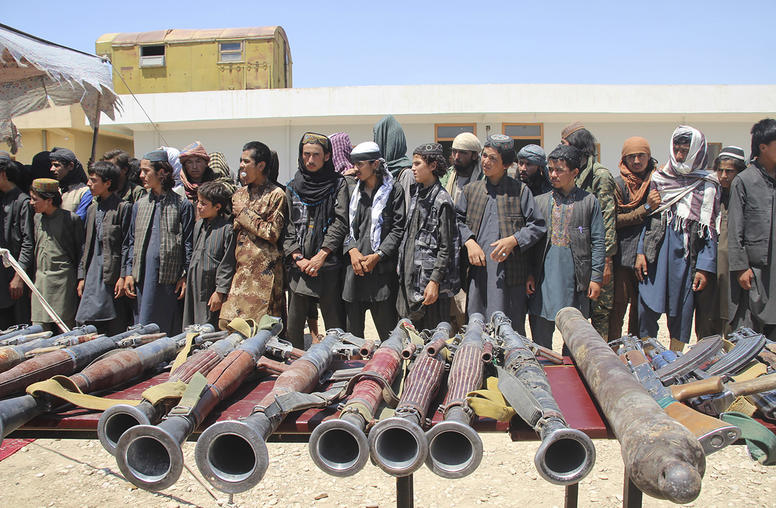
Bourgeois Jihad: Why Young, Middle-Class Afghans Join the Islamic State
Ever since the Islamic State in Khorasan Province emerged in Afghanistan in 2015, policymakers and security forces have regarded it as an “imported” group that can be defeated militarily. This approach, however, fails to take into account the long-standing and complex historical and sociological factors that make the group’s ideology appealing to young, urban Afghan men and women. Based on interviews with current and former members of ISKP, this report documents the push and pull factors prompting a steady stream of young Afghans to join and support ISKP.
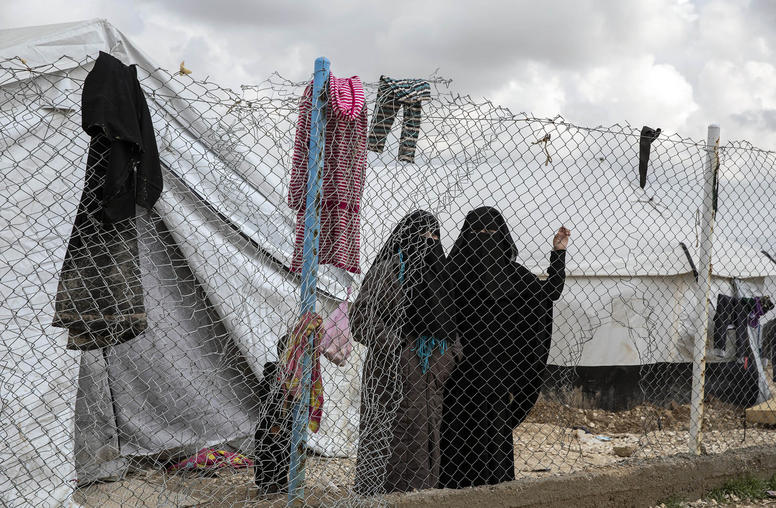
Coronavirus and ISIS: The Challenge of Repatriation from Al-Hol
It was just over a year ago, in March of 2019, that the United States and coalition forces declared the territorial defeat of ISIS following the fall of its last stronghold in Baghouz, Syria. Male fighters over 15 were placed in Kurdish run detention centers throughout northeast Syria, while tens of thousands of women and children who were living among the terrorist organization streamed into the al-Hol camp, giving rise to an unprecedented mix of humanitarian and security challenges. If left unaddressed, the camp could easily serve as the breeding ground for the next generation of ISIS, which is already beginning to reemerge in parts of Syria and Iraq.
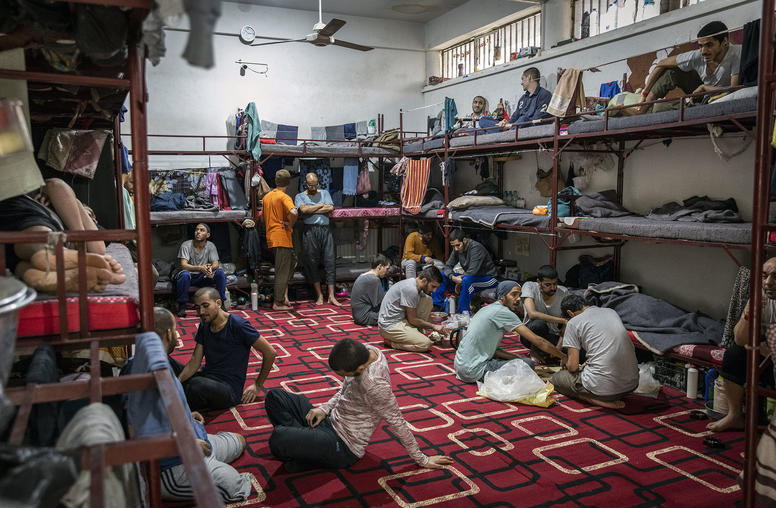
A Sustainable Approach for Disengaging Violent Extremists
Governments and communities worldwide are facing the increasingly daunting challenge of what to do when citizens who participated in violent extremist conflicts return home. With ISIS’s territorial caliphate extinguished, more than 100 countries could face the task of not only having to reintegrate their citizens, but also preparing their communities for a future with them living next door. This is a society-wide challenge that will engage a cross-cutting spectrum of stakeholders deploying a range of peacebuilding and other tools to build communities and individuals who are more resilient to violent extremism.
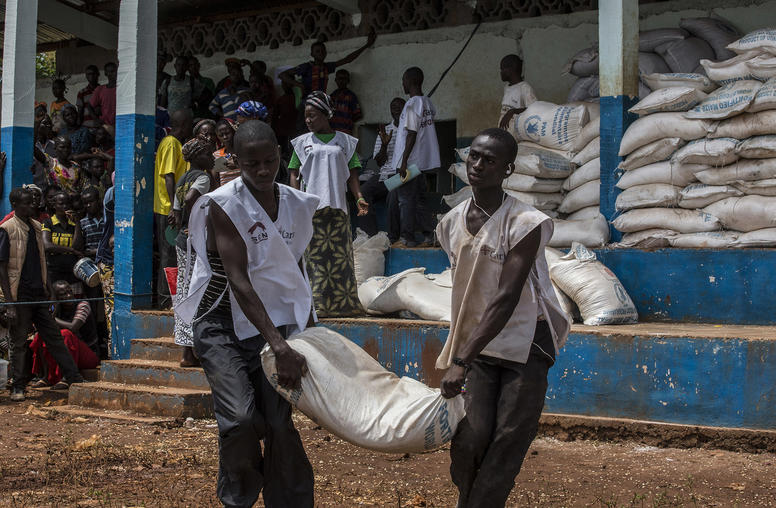
The Role of Aid and Development in the Fight Against Extremism
Extremist groups thrive in fragile states where basic needs go unmet. Development efforts can address the conditions that make people vulnerable to extremism. If you look at a map of where terrorist groups operate and where terrorist attacks occur, you will find that many coincide with locations of intractable conflict and deep development deficits. Low human development indicators, stark disparities in opportunity and access to resources, poor or scattered governance, and a history of conflict and social marginalization feature prominently among afflicted communities.
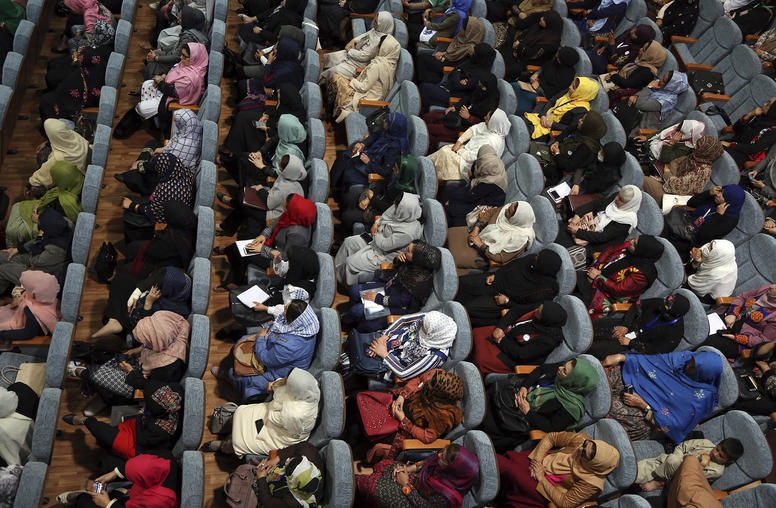
Afghan Women’s Views on Violent Extremism and Aspirations to a Peacemaking Role
Recent efforts at settling the decades-long conflict in Afghanistan have featured an increasingly vibrant and visible display of women’s activism. Even with the support of the government and its international partners, Afghan women still face tremendous challenges to realizing their aspirations for a role in peacemaking. Based on extensive interviews throughout Afghanistan, this report attempts to better understand the changing public role of Afghan women today and their contributions to peacebuilding and ending violence.
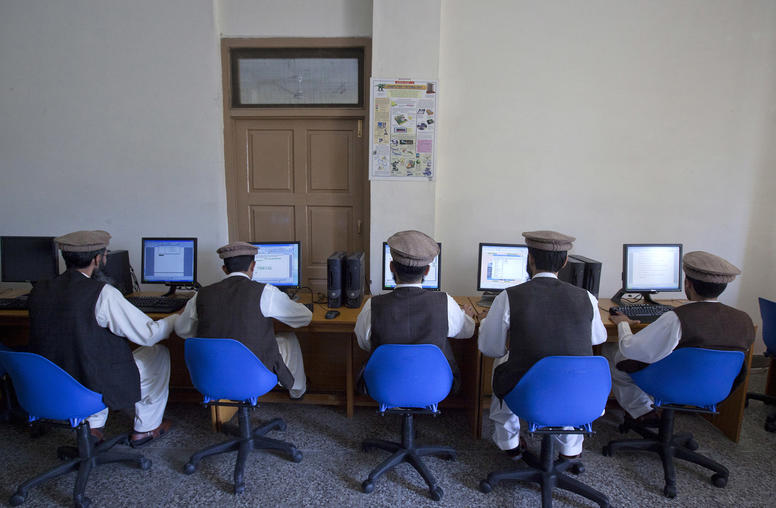
Understanding Pakistan’s Deradicalization Programming
Pakistan has struggled with Islamic militancy since the rise of the mujahideen in the 1980s. In the late 2000s, the Pakistan Army began establishing rehabilitation centers in the Swat Valley in an effort to deradicalize former Taliban fighters and other militants and reintegrate them into their communities. This report contrasts Pakistan’s deradicalization approach with the community-based program used in Denmark and the widely different prison-based program used in Saudi Arabia, and identifies areas in which the army’s approach could benefit from more extensive partnering with civilian-based organizations.

Where Public Health and Peacebuilding Converge
In many ways, peacebuilding and public health are kindred disciplines in that they both require whole-of-society approaches to succeed. But while both disciplines share similar traits, the relationship between peacebuilding and public health is often overlooked. In any country, public health services such as healthcare facilities, water sanitation, and accessible medicine are critical for citizens’ welfare. But in fragile or conflict-affected states, these services become even more important—serving as a foundation for healing and stability throughout a peace process. To examine this important dynamic, USIP’s Fouad Pervez and Chris Bosley look at three situations where the goals of peacebuilding and public health are intertwined.